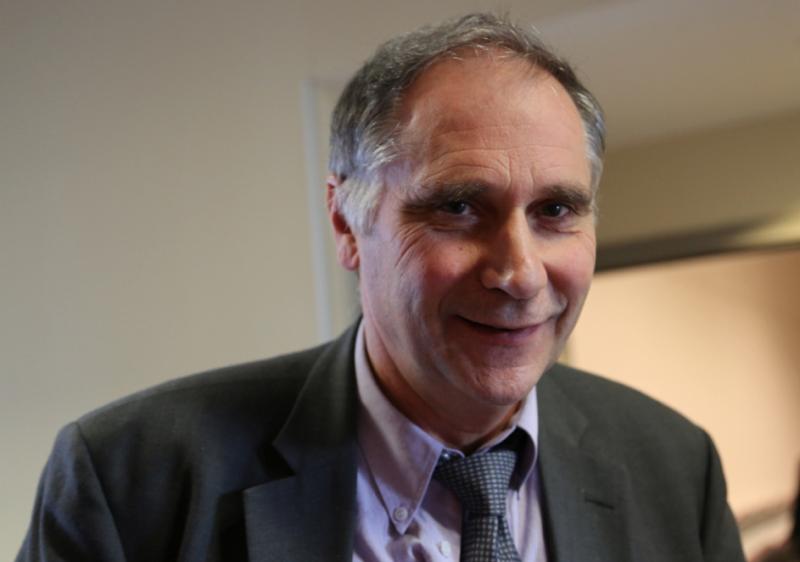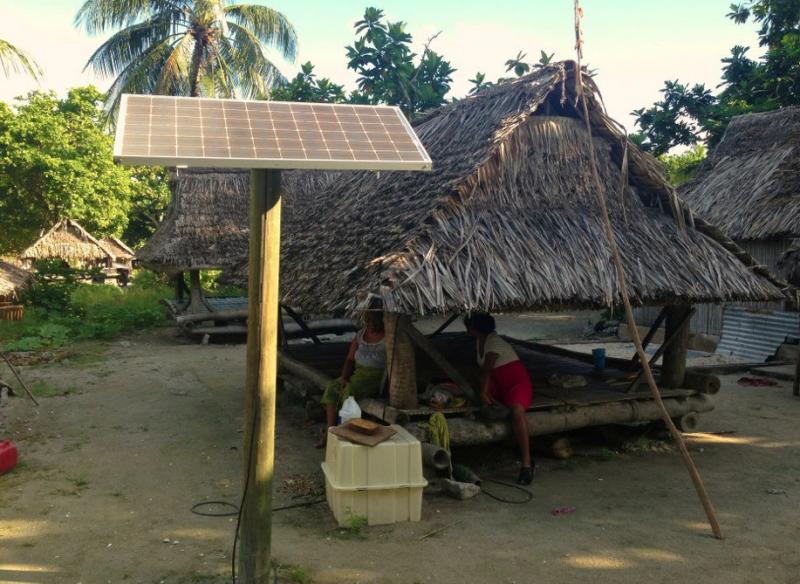Under its mandate, the Delegation of the European Union for the Pacific, based in Suva, Fiji, provides bilateral support to 11 small island states and to 15 countries at regional level, plus it manages the cooperation with four overseas countries and territories. Many of these countries and territories are small, remote and scarcely populated, and this presents a range of operational challenges. Developing capacity at regional level is crucial to make projects more sustainable.
|
There are 15 Pacific ACP countries: Papua New Guinea, Solomon Islands, Vanuatu, Fiji, Samoa, Tonga, Niue, Cook Islands, Nauru, Kiribati, Tuvalu, Palau, Federated States of Micronesia, the Republic of Marshall islands and Timor Leste. Over the current programming period, the 15 Pacific ACP countries have received more than €800 million of EU support. The Delegation for the Pacific also manages the cooperation with New Caledonia, Wallis and Futuna, French Polynesia and Pitcairn. |
The main sectors of the Delegation's bilateral cooperation are energy and water and sanitation. At regional level, cooperation efforts cover economic integration through trade and sustainable management of natural resources (in particular fisheries) and the environment. Adaptation to climate change and mitigation of natural disasters are also important. The main problem, however, is that projects and beneficiaries are spread over a huge ocean area - about the same extension as the African continent, yet populated by only 40 million.
“It can take as much as five days travel just to get to and from one project,“ said Ioannis Papavassiliou, the Head of the Finance and Contracts section.
In addition, some of the countries and territories are very small. “We are sometimes talking about 10,000 people in an independent state, with very limited capacity to implement, monitor and manage the projects by themselves,” said Annick Villarosa, the Head of Sector for Natural Resources and Environment.
Speaking on the sidelines of a recent EU Heads of Finance and Operations meeting in Brussels, they shared their views on how challenges like these can be addressed.
“We have to find solutions to help the partner countries through different modalities that do not put pressure on the scarce human resources that they have,” said Ms Villarosa.
“You would be amazed at the number of donors present in the region,” she added, “with different procedures and regulations, asking these small countries to try and deal with all of them - that’s something we are trying to avoid.”
In order to assist the countries manage their development ambitions, the Delegation also supports regional organisations. The Regional Authorising Officer is the Pacific Island Forum Secretary General. “Then there is the SPC - the Secretariat of the Pacific Community; SPREP (the Secretariat of the Pacific Regional Environment Programme), which is based in Samoa and deals with the environmental programme for the region, and the USP - University of the South Pacific,” said Ms Villarosa. “We also work with the Pacific Islands Forum Fisheries Agency [FFA],which is based in the Solomon Islands,” she added.
“These regional organisations have passed what is known as the ‘Four Pillar Assessment’, which means they can sign contribution agreements with us and can use their own procedures, which makes things much easier,” she continued.
However, with the increased donor attention to the Pacific and limited capacity, there is concern about future absorption of donor funds, “because too much is too much,” said Ms Villarosa, simply; “These countries have their own limits.”
The European Union is the second largest donor in the region after Australia’s AusAid. Both have a strong focus on developing capacities on the ground, yet Ms Villarosa is measured about this aspect.
“In some countries we have to talk about capacity supplementation more than capacity development because sometimes there are just not enough staff to be trained,” she said.
The EU Delegation is therefore working to develop capacity within the regional organisations, so that they can provide the different countries with appropriate help that can last over longer periods of time. “We couldn’t provide technical assistance to each country on a long term basis, so we provide it at the regional level. The regional actors are, in any case, staffed from different parts of the Pacific. So in turn, they can help different countries whenever there is a specific need.”
To ease the strain on local staff and to assist with the influx of procedurally demanding donors, Mr Papavassiliou also promoted the concept of Multi-Country Programming. “In fact, we are almost obliged to do this due to the geographical situation,” he said.
After working with the European Commission for nearly two decades, Annick Villarosa is particularly drawn to the work that she does today. “People of the Pacific have an incredible capacity to adapt to difficulties and hazards," she said. "Their traditional and communal way of life, their kindness and welcoming attitude to visitors help them overcome individual challenges - the colourful and joyful cultures match the beauty and richness of the natural environment. This region is a jewel that deserves EU support."
This collaborative piece was drafted with input from Annick Villarosa, Ioannis Papavassiliou and Karine Genty, with support from the capacity4dev.eu Coordination Team.
Capacity4dev.eu hosts several public groups that relate to development issues in the Pacific Region. These include Building Resilience of Small Island Economies and the GCCA Community Forum.




Log in with your EU Login account to post or comment on the platform.